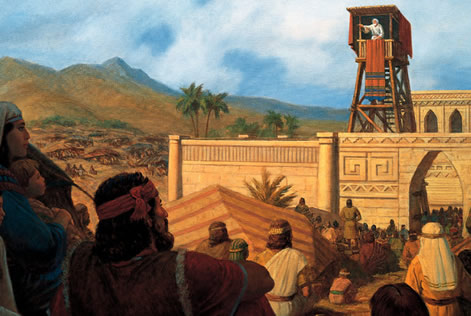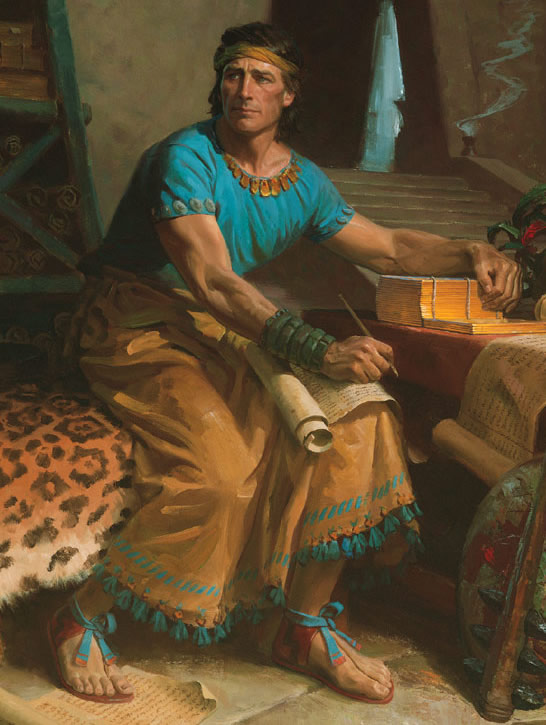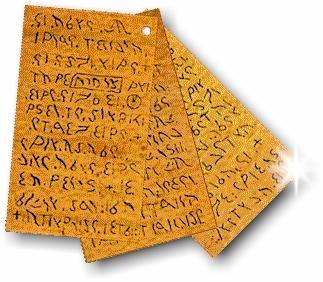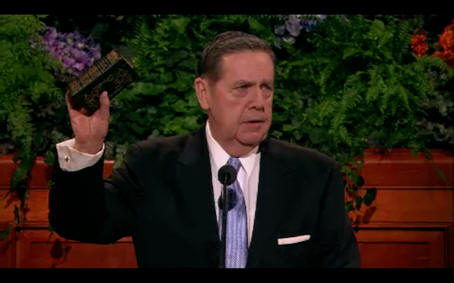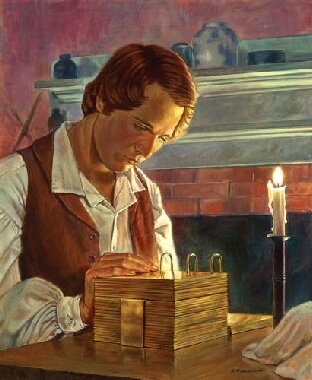As I read this chapter my thoughts kept turning to the traditions of the fathers. I suppose no family is entirely exempt from being subject to false traditions that have been passed down through the generations. As I look back through the generations in my own family I can see some traditions that have been eradicated. I look upon those who made such (in some cases, radical) changes to offer me more light and truth.
Looking at my current situation, I am forced to conclude that some false traditions remain firmly rooted in my family. I would do well to eliminate those before they are passed on. The trouble is, false traditions are hard to identify when you've been raised to think they are true traditions.
The previous generation in my own family was highly manipulative. Marriage helped me identify that one. Such was not the case in my wife's family, so manipulative practices, which seemed normal to me, were repulsive to her. I think one of the great blessings of marriage is the light that a new family can shed on the old one. I suppose this to be the case in all marriages to some degree or other.
I'm convinced that false traditions remain entrenched in my family. We remain somewhat dysfunctional, though to a lesser degree because of changes others have made. Now it's my turn. Trouble is, I can't yet put my finger on what they might actually be. I think next year I might do well to focus on that problem and see what I can identify to contribute to the progress of my clan. I think folks on both sides of the veil are counting on me to do just that.









